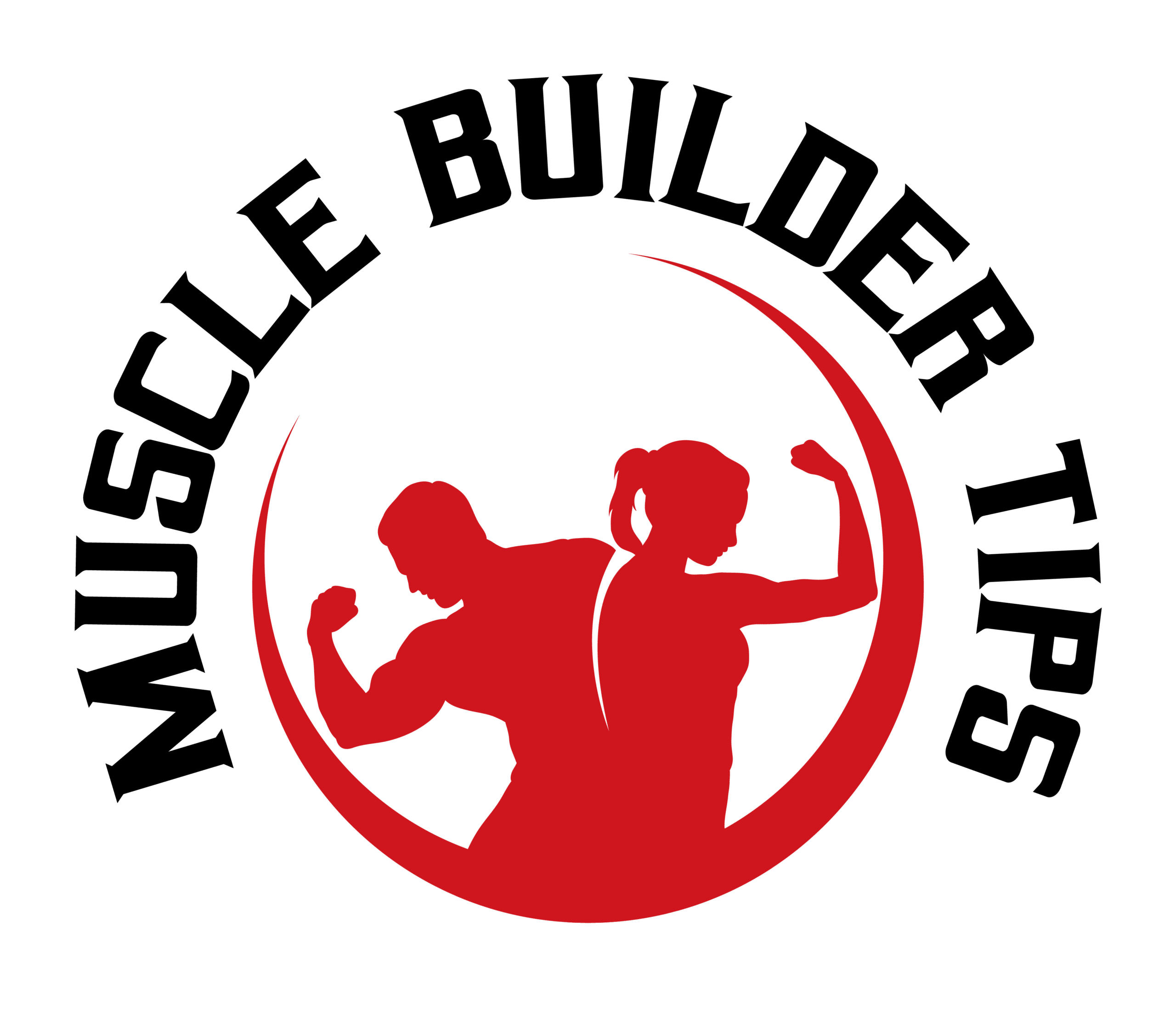Rest Assured: The Vital Link Between Sleep and Optimal Muscle Recovery

As fitness enthusiasts and athletes, we dedicate hours to intense workouts, striving to build strength and muscle mass. However, the key to maximizing our gains lies not just in the gym but also in our bedrooms. Sleep is a crucial factor in the muscle recovery process, often underestimated and overlooked. In this comprehensive guide, we’ll explore the intricate relationship between sleep and muscle recovery. From understanding the science behind it to practical tips for optimizing sleep quality, this article will equip you with valuable knowledge to achieve peak performance and overall well-being.
1. The Science of Muscle Recovery:
– Explore the essential role sleep plays in muscle repair and growth.
– Understand the impact of sleep on hormone secretion, such as growth hormone and testosterone.
2. NREM and REM Sleep Phases:
– Discover the significance of different sleep stages in facilitating muscle recovery.
– Learn how NREM (Non-Rapid Eye Movement) and REM (Rapid Eye Movement) sleep contribute to restoration.
3. Sleep Quantity and Quality:
– Recognize the importance of both the duration and depth of sleep for effective recovery.
– Aim for 7-9 hours of sleep per night to optimize muscle repair.
4. Circadian Rhythm and Sleep Consistency:
– Embrace the body’s natural sleep-wake cycle for better recovery and performance.
– Establish a consistent sleep schedule to enhance the body’s sleep-wake patterns.
5. The Impact of Sleep Deprivation on Muscle Recovery:
– Understand the consequences of sleep deprivation on athletic performance and muscle healing.
– Acknowledge the risks of overtraining due to inadequate rest.
6. Promoting Better Sleep Habits:
– Create a sleep-friendly environment by maintaining a cool, dark, and quiet bedroom.
– Minimize exposure to electronic devices before bedtime to improve sleep quality.
7. Sleep Aids and Supplements:
– Explore natural sleep aids and supplements that can enhance sleep quality.
– Consult with a healthcare professional before considering sleep aids.
8. Pre-Bedtime Rituals for Enhanced Recovery:
– Develop a soothing pre-bedtime routine to signal the body for rest.
– Include activities like reading, meditation, or gentle stretching.
9. Nutrition and Sleep:
– Avoid heavy meals close to bedtime to prevent discomfort and sleep disturbances.
– Emphasize sleep-supportive nutrients like magnesium and tryptophan in your diet.
10. Recovery Days and Sleep:
– Recognize the significance of rest days in the muscle recovery process.
– Use recovery days to prioritize sleep and allow the body to heal and grow.
Sleep is a powerful ally in the quest for muscle recovery and peak performance. By understanding the science of muscle recovery, prioritizing sleep quantity and quality, and embracing a consistent sleep schedule, you can harness the full potential of your body’s restorative abilities. Avoid the pitfalls of sleep deprivation and overtraining by giving sleep the attention it deserves. With better sleep habits, pre-bedtime rituals, and attention to nutrition, you can optimize your sleep and unleash your body’s capacity for muscle repair and growth. Remember, it’s not just the time spent in the gym that matters; rest assured that quality sleep is the secret weapon for unlocking your true athletic potential and overall well-being.
RELATED SEARCH TERMS ABOUT SLEEP AND MUSCLE RECOVERY:
- “Sleep’s Vital Role in Muscle Recovery: Unleashing the Power of Rest for Peak Performance”
- “The Science of Sleep and Muscle Repair: Understanding the Link Between ZZZs and Gains”
- “NREM and REM Sleep: The Dynamic Duo of Muscle Recovery and Growth”
- “Sleep Quantity and Quality: The Key Factors for Maximizing Muscle Repair”
- “Circadian Rhythm and Muscle Healing: Aligning Sleep for Optimal Recovery”
- “The Dark Side of Sleep Deprivation: How Inadequate Rest Affects Athletic Performance”
- “Creating a Sleep Sanctuary: Designing the Perfect Environment for Muscle Recovery”
- “Pre-Bedtime Rituals: Calming Practices to Enhance Sleep and Muscle Restoration”
- “Nutrition and Sleep Synergy: Fueling Recovery with Sleep-Supportive Foods”
- “Rest Days, Sleep Nights: The Crucial Role of Sleep in Active Recovery”
